Michael Washington's Blog, page 8
October 14, 2018
A Nicer Looking Blazor Loading Page

I covered this previously with Angular. Basically the Blazor template creates a page that looks like this when loading…

You may prefer something like this:

You can easily make a nicer looking loading page by using Tobias Ahlin’s SpinKit.
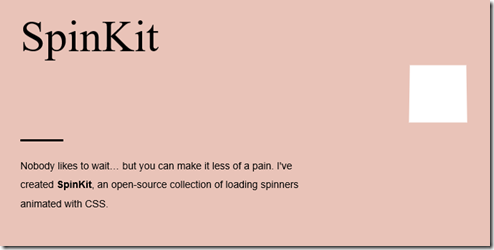
You can get to Tobias Ahlin’s SpinKit at this link:
http://tobiasahlin.com/spinkit/
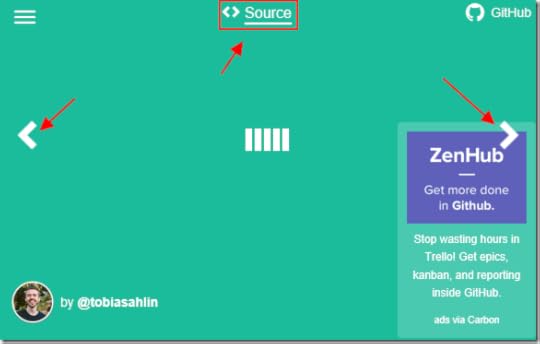
Navigate to the page, use the right and left arrows to navigate to the animation you want and then click the Source link.

It will display the HTML and the CSS that you need.
Update The Blazor Application
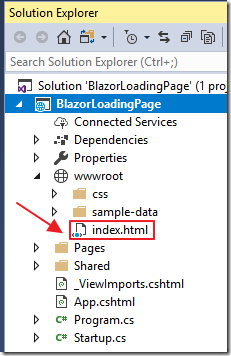
Now, open the index.html page (under wwwroot).
Replace:
<app>Loading...</app>
with the code from SpinKit, for example with the following:
<app>
<div class="spinner">
<div class="rect1"></div>
<div class="rect2"></div>
<div class="rect3"></div>
<div class="rect4"></div>
<div class="rect5"></div>
</div>
</app>
<style>
.spinner {
margin: 100px auto;
width: 50px;
height: 40px;
text-align: center;
font-size: 10px;
}
.spinner > div {
background-color: #333;
height: 100%;
width: 6px;
display: inline-block;
-webkit-animation: sk-stretchdelay 1.2s infinite ease-in-out;
animation: sk-stretchdelay 1.2s infinite ease-in-out;
}
.spinner .rect2 {
-webkit-animation-delay: -1.1s;
animation-delay: -1.1s;
}
.spinner .rect3 {
-webkit-animation-delay: -1.0s;
animation-delay: -1.0s;
}
.spinner .rect4 {
-webkit-animation-delay: -0.9s;
animation-delay: -0.9s;
}
.spinner .rect5 {
-webkit-animation-delay: -0.8s;
animation-delay: -0.8s;
}
@-webkit-keyframes sk-stretchdelay {
0%, 40%, 100% {
-webkit-transform: scaleY(0.4);
}
20% {
-webkit-transform: scaleY(1.0);
}
}
@keyframes sk-stretchdelay {
0%, 40%, 100% {
transform: scaleY(0.4);
-webkit-transform: scaleY(0.4);
}
20% {
transform: scaleY(1.0);
-webkit-transform: scaleY(1.0);
}
}
</style>
Links
SpinKit
http://tobiasahlin.com/spinkit/
SpinKit on GitHub
https://github.com/tobiasahlin/SpinKit
More ...Tags: Blazor
November 24, 2017
Retrieving Pop3 Emails Using Azure Functions

You can create an automated Azure function that will retrieve emails from a Pop3 email account and store the list of the emails in an Azure storage Table and the emails themselves as Azure storage Blobs…
Tags: Azure FunctionsNovember 18, 2017
Turbocharging Your Angular 4+ Development Using Typewriter
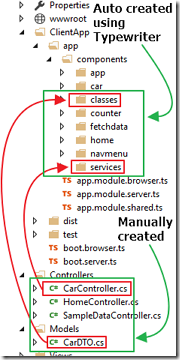
Using the open source Typewriter plug-in with Visual Studio will allow you to automate much of the boilerplate code for your classes and services…
Tags: Angular 4August 20, 2017
An Angular 4 .Net Core 2.0 Example With Application Shell and Authentication
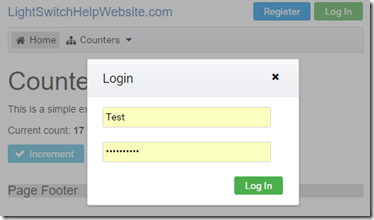
You can easily create an Angular 4 application using Microsoft .Net Core 2.0 that has an application menu shell and authentication. This example also uses the open source component, PrimeNG…
Tags: Angular 4July 19, 2017
Using Observables To Communicate Between Angular Components
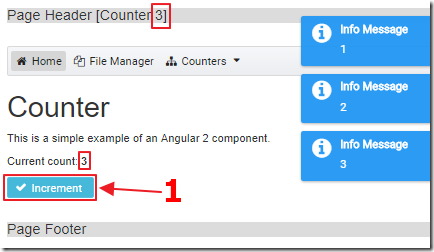
You can use BehaviorSubject to facilitate communication between Angular components…
Tags: Angular 4July 17, 2017
Create Your Own Angular 4 Application Shell Using PrimeNG
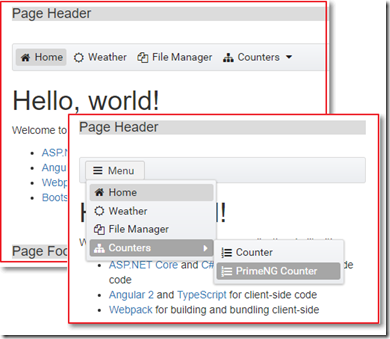
You can easily create an Angular 4 application shell using PrimeNG…
Tags: Angular 4July 12, 2017
An Angular 4 .Net Core Application Updater
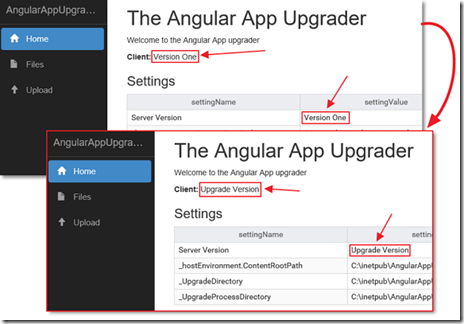
You can allow your application end users to fully update their version of your application by simply uploading a .zip file…
Tags: Angular 4June 29, 2017
A .Net Core Angular 4 File Manager Using PrimeNG
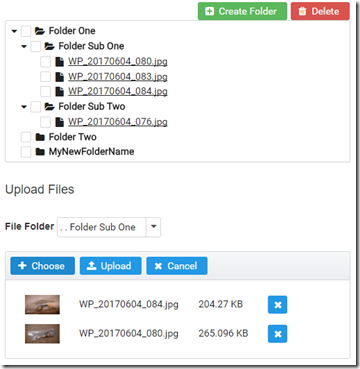
You can easily implement a full multi-file upload and management in a .Net Core C# Angular 4+ application using PrimeNG FileUpload…
Tags: Angular 4June 4, 2017
Auto-generating Angular 4 Pages and Creating Custom Components Using Radzen

Radzen has some additional features that bring it closer to the features that long time users of Visual Studio LightSwitch are used to. Namely, the page creation wizard, the ability to edit the source code using Visual Studio, and the ability to create custom components…
Tags: RadzenMay 21, 2017
Upgrading JavaScriptServices and PrimeNG From Angular 2 to Angular 4+
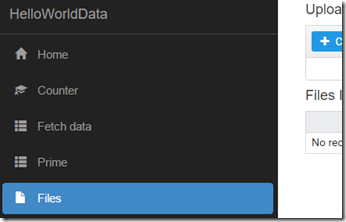
Upgrading an Angular 2 JavaScriptServices project that uses PrimeNG to Angular 4+ is quite straightforward with a few gotcha’s…
Tags: Angular 4


